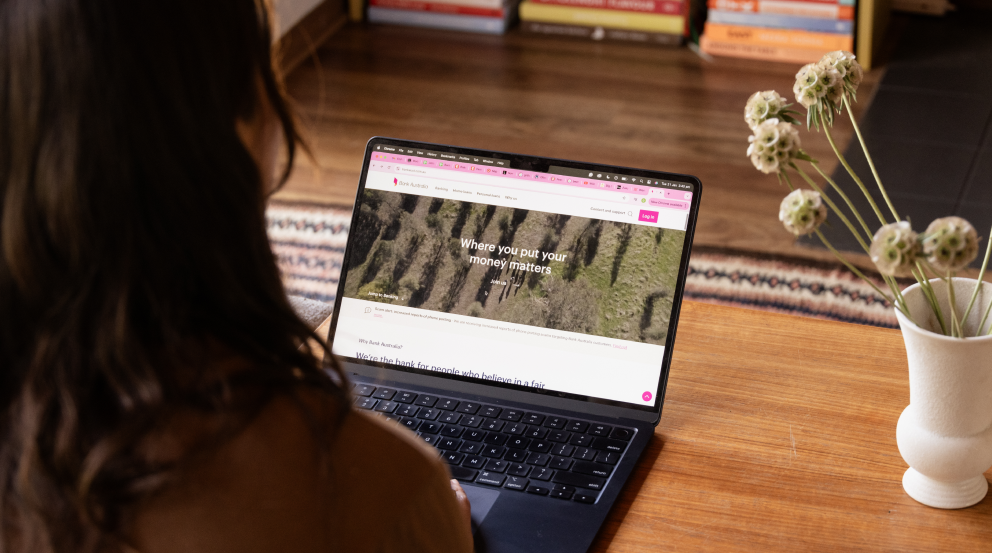Housing affordability is a real challenge facing millions of Australians, with steeply rising property prices and increasingly unaffordable rent. With interest rates remaining low you might be tempted to ditch the idea of renting to buy your own place before prices increase even further. On the other hand, you might think it better to rent for now and ride out a booming house market. So, is it better to rent or buy? We weigh up the pros and cons of each.
The benefits of renting
Flexibility to live wherever you want to. Renting gives you the ability to move to be close to work, lifestyle or family, if your interests or circumstances change, as you’re not tied down for longer than your lease.
Lower cost, less risk. You haven’t made a significant investment as when owning a home. You committed less from a financial perspective and any related risks are greatly lessened. You can divert the money you might use for a house deposit to invest in your superannuation, a term deposit or invest in the share market to grow your assets without investing in property.
Low maintenance. As a renter, you don’t have to maintain your home and the landlord has responsibility for the property’s upkeep, leaving you to enjoy the local lifestyle.
The renting negatives
Less stability. Your lease isn’t forever, your rent payments might increase, or the landlord can ask you to vacate if they want to sell or move back in. You can have little say in your housing situation.
Trickier to make it feel like your own. You’re renting someone else’s property, so you often aren’t allowed to update your living space, hang pictures, paint or renovate.
Renting isn’t an asset. While it’s often more affordable than mortgage repayments, the rent you are paying is s ‘dead money’ that isn’t helping you build equity or have an asset to sell when you move on.
The benefits of buying
Greater freedom and stability. It’s your home and you can do whatever you like to it. You don’t deal with landlords and get to make changes to the property, plant a garden and invest in your own space.
Build equity and own your own place. Housing is a sound investment, and will increase in value over time. Instead of rent, you’ll be paying down a home loan while building equity, and at the end of your loan contract you’ll own the place outright.
A sense of community. As a home owner, you’re committed to an area long term and can build connections with neighbours and the local community – this might be missing if you rent and regularly move around.
The buying negatives
Costs may climb. You are responsible for insurance, ongoing repairs and home maintenance and interest rates may increase.
Location, location, location. You might not be able to afford to buy where you really want to live, trading off your ideal location for a piece of the home ownership pie.
A major commitment. Owning a home is a big undertaking and you’ll need a steady income to cover the term of your mortgage. Some things that you did before, such as frequent travel, may have to take a backseat for now.
So what’s right for you? We wish we could tell you – but it really depends on your long term financial goals, and how and where you want to live. Whatever you decide – to rent or buy – there is no right or wrong answer. However, if you do decide to buy a home, understand how future rate rises could affect you and review your financial situation to determine whether you can realistically afford the loan over the longer term, or if your circumstances change.








